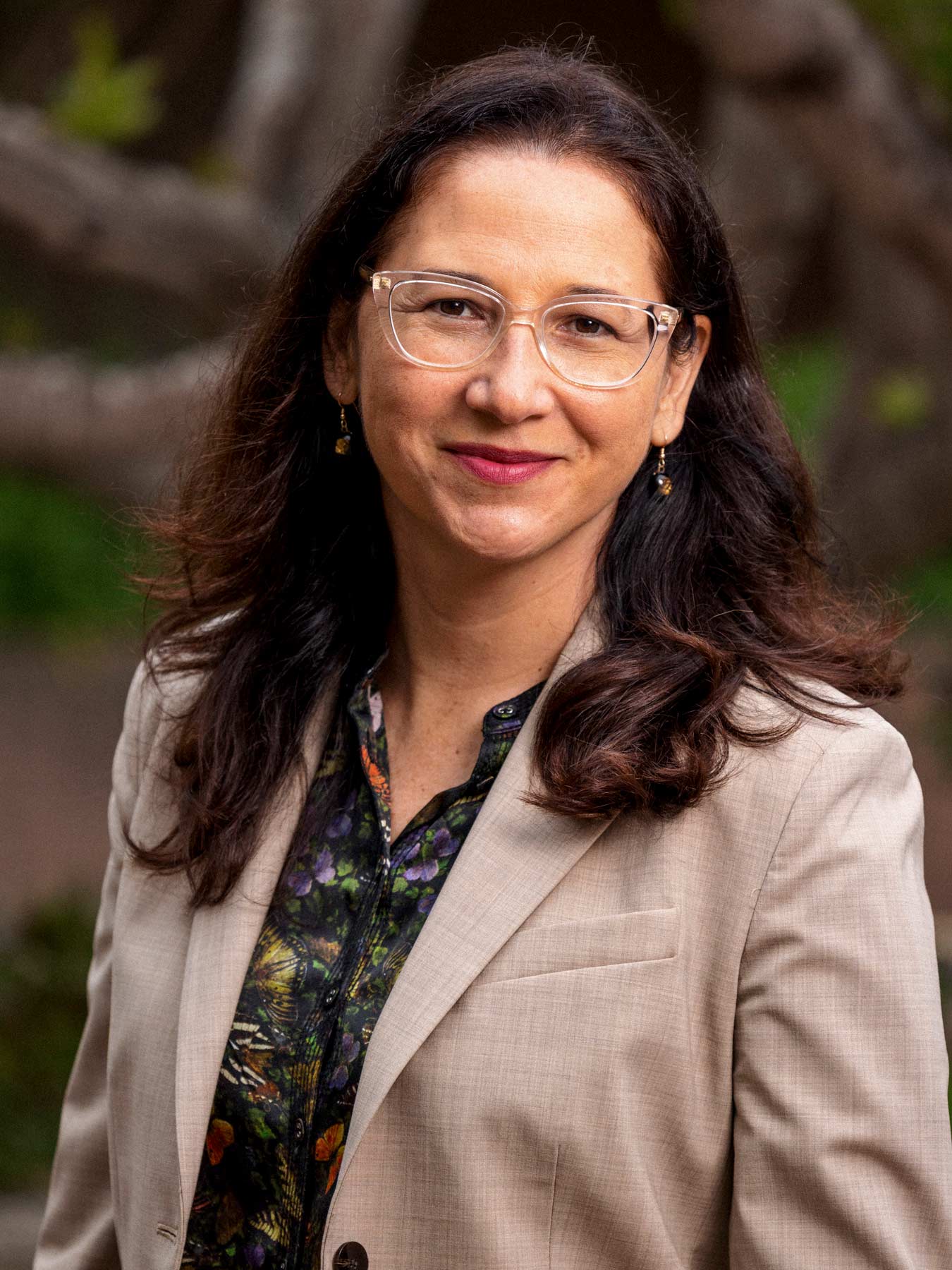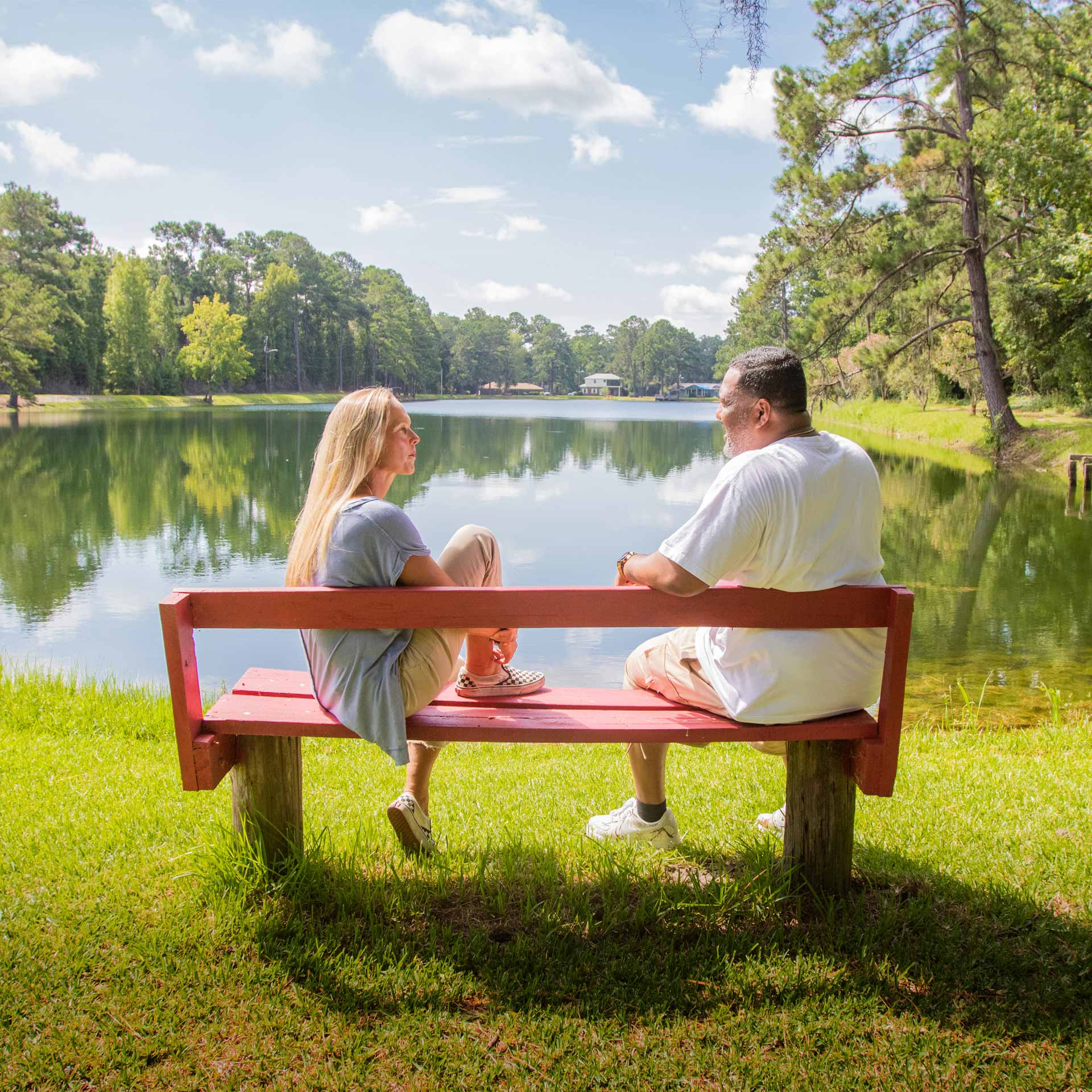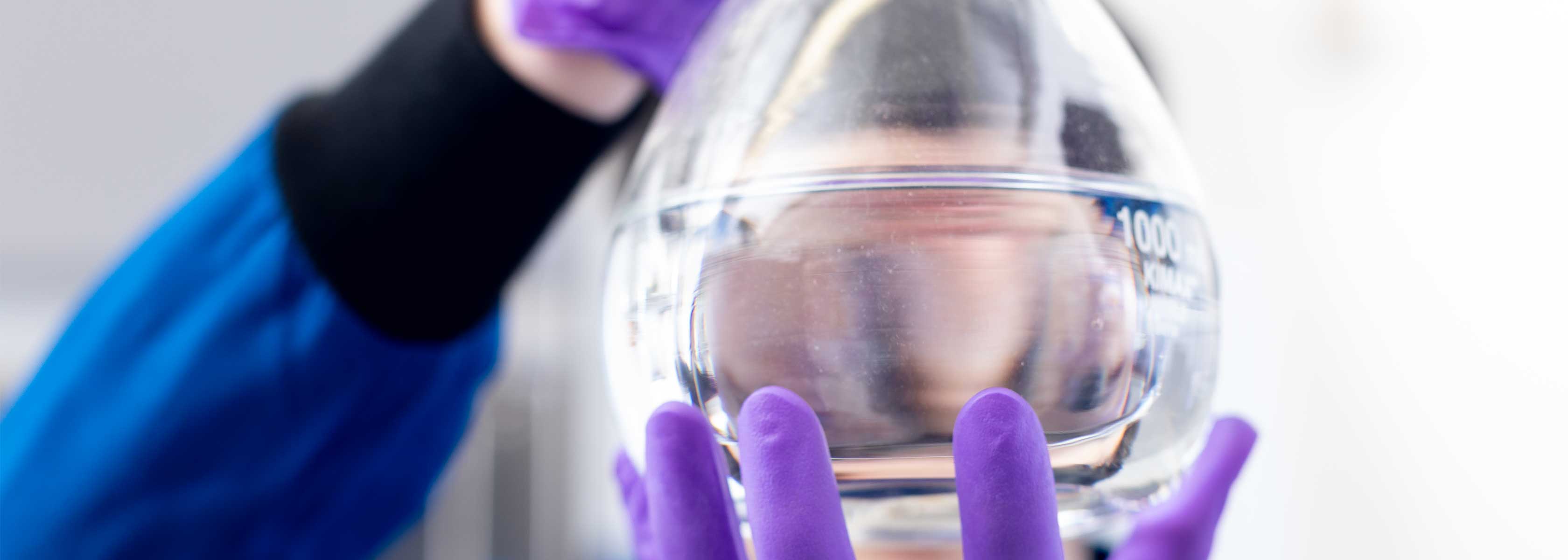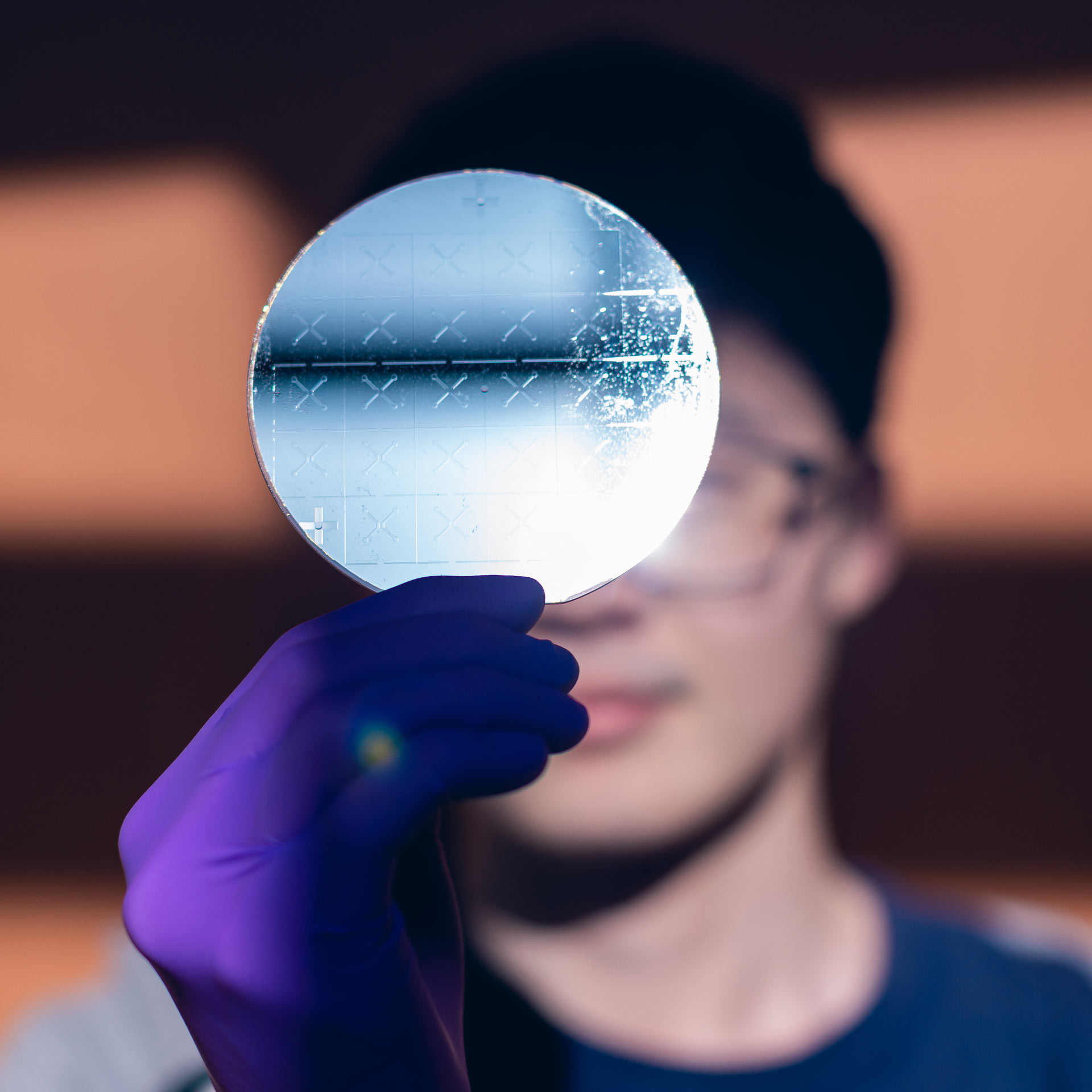Stephanie Malia Hom started teaching at UC Santa Barbara in early 2020 as the first surges of coronavirus infections and deaths prompted lockdowns, mask mandates and physical distancing. Preparing for remote instruction that fall, she wanted to help students struggling with fear and confusion while fitting the coursework in her job description as a newly hired faculty member in the Department of French and Italian.
What she came up with was a blend of perspectives from which to view and understand a global health care emergency: a class she named “Biopolitics and Medical Humanities: Italy in the Age of the Coronavirus.”
“I wanted to use Italy as a lens because it had been hit so hard by the pandemic,” Hom says. “I wanted the class to help process what we were all living through and to provide a virtual space where we could come together to counteract the isolation and anxiety caused by months of social distancing and sheltering in place.”
Hom drew from personal experience. Before joining UCSB, she was the executive director at a nonprofit that trained military and VA doctors in integrative treatments, whole-person approaches that combine conventional health care with complementary regimens that might include, for example, acupuncture, nutrition and mental health services. She was also the primary caregiver of a loved one with a terminal disease. Her course description included firsthand reports from friends and contacts in Italy, where she had lived for long stretches.
The class centered on themes of mobility (or a lack thereof ), biopolitics (including health care inequalities), immunization and resilience, and Hom brought in guest speakers to discuss health policy, frontline journalism and medical bioethics.
The well-rounded nature of her coursework and its inclusion of often ignored aspects of medicine and wellness aligned with growing connections between conventional health care and humanities-based approaches aimed at improving doctorpatient relationships. “It’s been established empirically,” Hom says. “Trust between doctor and patient is fundamental; the more trust there is, the better the outcomes.”
For the 2022 winter quarter, Hom followed up with “The Art of Translation: Pandemic Writings,” an upper-division course taught entirely in Italian. Drawing again from a range of perspectives, she brought in guest speakers that included Sonia Trufelli, a nurse who led a COVID ward at one of the hardest-hit hospitals in the north of Italy, and Michele Aiello, a filmmaker who documented the pandemic’s impact on that same hospital.
This fall, Hom will modify the course to delve more deeply into “the ‘infodemic’ that grew alongside COVID-19,” she says. “The creation and circulation of mis- and disinformation has become increasingly politicized and has grown exponentially in scale and speed. In fact, the case could be made that the infodemic has not only changed but also hardened political lines in the U.S., making it more difficult to discuss critical issues facing our society, such as public health.”
She’ll also keep in mind the importance of treatment alternatives that take in the broader worldview. “As one of our speakers told the class,” she says, “‘Do something for yourself to expand your ability to hold compassion for others and to understand the human condition.’ That’s exactly what we are doing in the humanities.”



